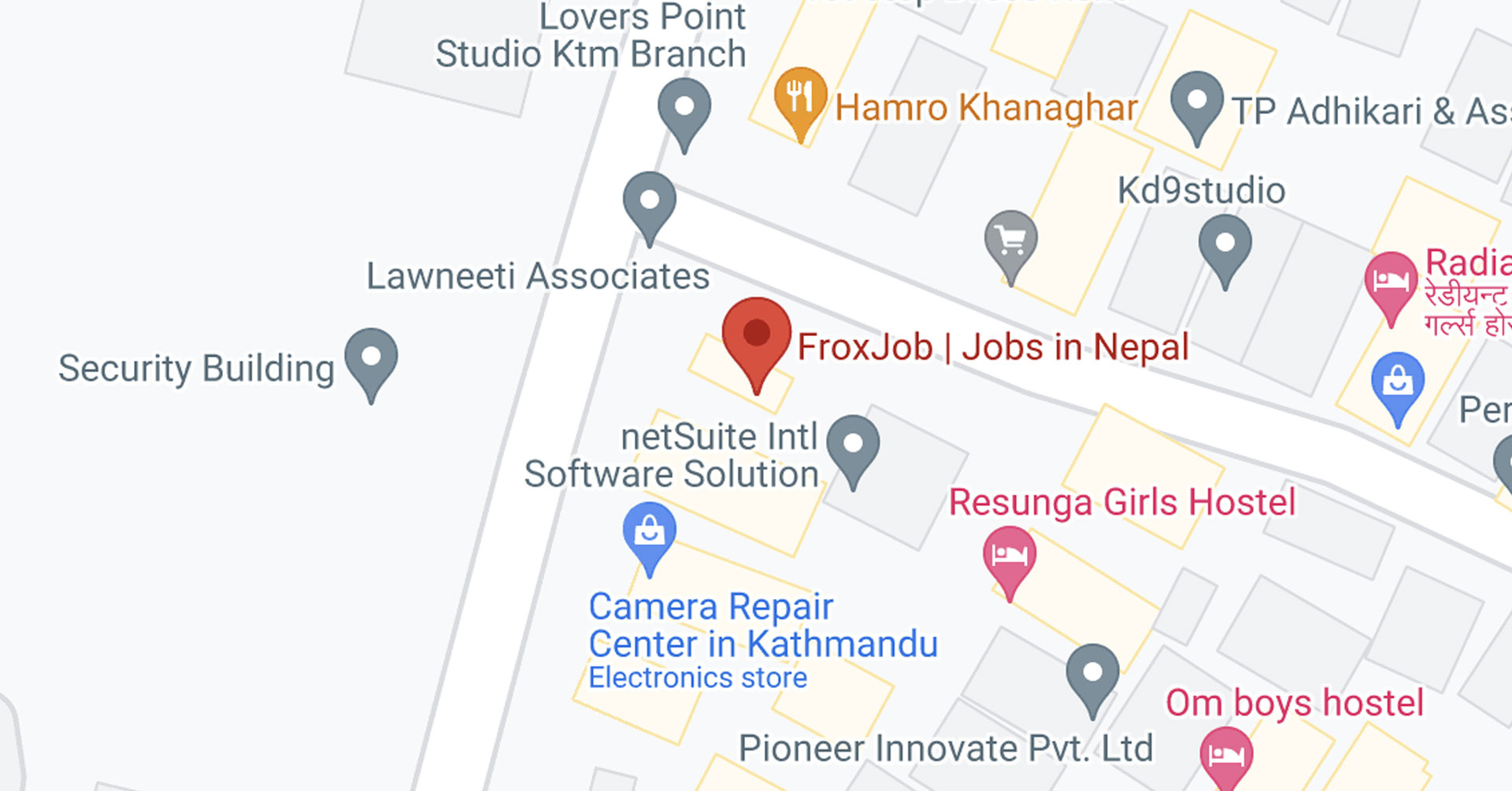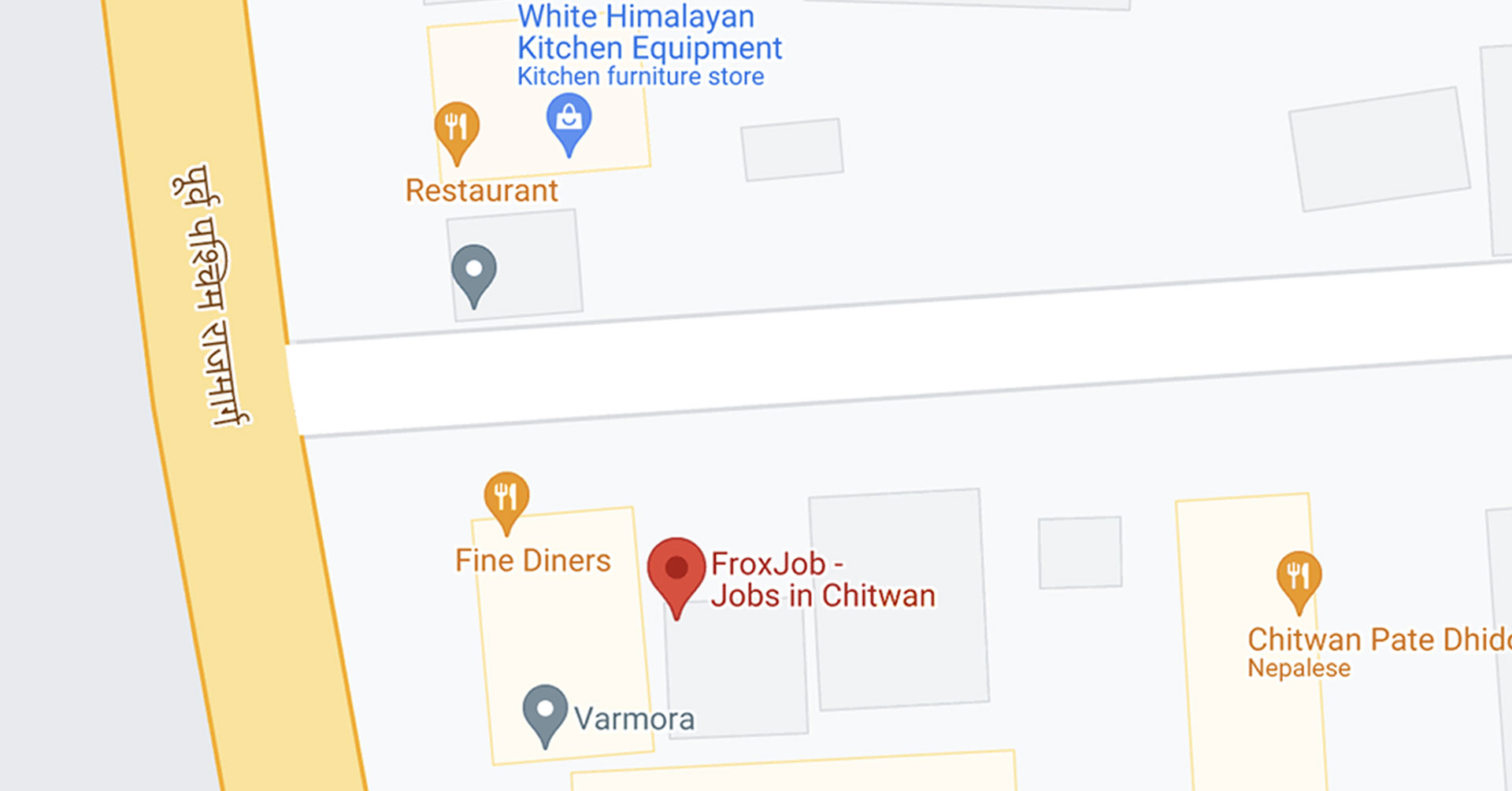How to Overcome the 'No Experience' Barrier in Job Applications

How to Overcome the 'No Experience' Barrier in Job Applications
Breaking into a new industry or landing your first job can feel clueless when employers seem to expect experience you don’t yet have. The good news is that lack of direct work experience does not have to block your chances. With a strategic approach, you can demonstrate value, capability, and potential that outweighs years in the field.
Understand What “Experience” Really Means
When hiring managers ask for experience, they’re often looking for proof of skills, reliability, and adaptability rather than a strict work history in the exact role. This means your academic projects, volunteer work, internships, freelance tasks, or even personal initiatives can qualify as relevant experience if presented effectively.
Focus on transferable skills:
- Communication – presenting, writing, and active listening.
- Problem-solving – finding solutions under constraints.
- Teamwork – collaborating with diverse groups.
- Technical proficiency – software, tools, or industry-related systems.
By reframing your past activities through the lens of employer needs, you start breaking down the “no experience” label.
Leverage Transferable Skills to Your Advantage
Every job, hobby, or project you’ve been part of has taught you something applicable. Employers value these abilities, even if gained outside a formal workplace. For example:
- Leading a community event can showcase project management skills.
- Managing a personal blog demonstrates digital marketing and content creation.
- Organizing a fundraiser proves planning, budgeting, and outreach abilities.
Use Education and Training as Experience
If you lack a professional work history, formal education and training can fill the gap. List relevant coursework, certifications, and workshops that align with the job requirements. For example:
- A business graduate applying for an entry-level analyst position can highlight data analysis, market research, and financial modeling projects completed in class.
- A recent coding bootcamp graduate can showcase apps or websites built during training.
Practical assignments, case studies, and capstone projects prove your ability to apply knowledge in real-world scenarios.
Create Your Own Opportunities
If your resume feels thin, build experience proactively:
- Volunteer – Offer your skills to non-profits, community organizations, or local businesses.
- Freelance – Take on small paid projects through platforms like Upwork or Fiverr.
- Intern – Short-term internships can provide valuable references and skills.
- Personal projects – Start something relevant to your field, such as designing a portfolio, creating a product prototype, or launching a small online shop.
This shows initiative, self-motivation, and a willingness to learn.
Tailor Your Resume for Every Job Application
Sending a generic resume is one of the biggest mistakes for applicants without experience. Instead, customize your application to emphasize the most relevant skills and accomplishments for each job.
Tips:
- Mirror the language of the job posting in your resume and cover letter.
- Focus on results rather than duties in your experience descriptions.
- Include a skills section at the top to immediately catch the recruiter’s eye.
Craft a Strong Cover Letter That Tells Your Story
Your cover letter is your chance to explain why your background still makes you the right fit. Address your lack of direct experience upfront but quickly pivot to your strengths, relevant skills, and enthusiasm.
Structure:
- Introduction – State the role and express genuine interest.
- Skills and Achievements – Relate transferable skills to the position.
- Motivation and Adaptability – Show eagerness to learn and grow.
- Call to Action – Request an interview and thank the reader.
Network and Seek Referrals
Networking can often bypass the strict “experience required” filter. Connections can vouch for your skills, work ethic, and potential, increasing your chances of getting noticed.
Practical steps:
- Attend industry events, webinars, and workshops.
- Join professional groups on LinkedIn and participate in discussions.
- Reach out to alumni or colleagues for advice and potential referrals.
A strong recommendation from a trusted source can be more influential than a bullet point on a resume.
Showcase Your Skills Through a Portfolio
For creative, technical, or project-based fields, a portfolio can outweigh years of experience. Include samples of your best work, even if they are from school or personal projects.
Portfolio tips:
- Make it accessible online.
- Present projects in a professional format.
- Include descriptions, objectives, and measurable results for each item.
If you lack work to showcase, create mock projects based on industry challenges to demonstrate your capabilities.
Demonstrate a Growth Mindset
Employers value candidates who are willing to learn, adapt, and improve continuously. Show this by:
- Enrolling in online courses (Coursera, LinkedIn Learning, Udemy).
- Reading industry publications and staying updated on trends.
- Seeking feedback and applying it to your work.
Mention these activities in interviews and applications to prove you’re invested in professional growth.
Ace the Interview Without Experience
An interview without traditional experience is all about confidence, preparation, and relevance.
- Research the company thoroughly to align your answers with its values.
- Use the STAR method (Situation, Task, Action, Result) to structure responses.
- Focus on skills and achievements rather than the job titles you’ve held.
- Prepare thoughtful questions to show curiosity and engagement.
Your enthusiasm and ability to connect your skills to the job can tip the scales in your favor.
Follow Up After Applications and Interviews
Persistence can help you stand out. Send a thank-you email after an interview to reiterate your interest and remind the recruiter of your strengths. If you haven’t heard back after a reasonable time, politely follow up to show continued interest.





